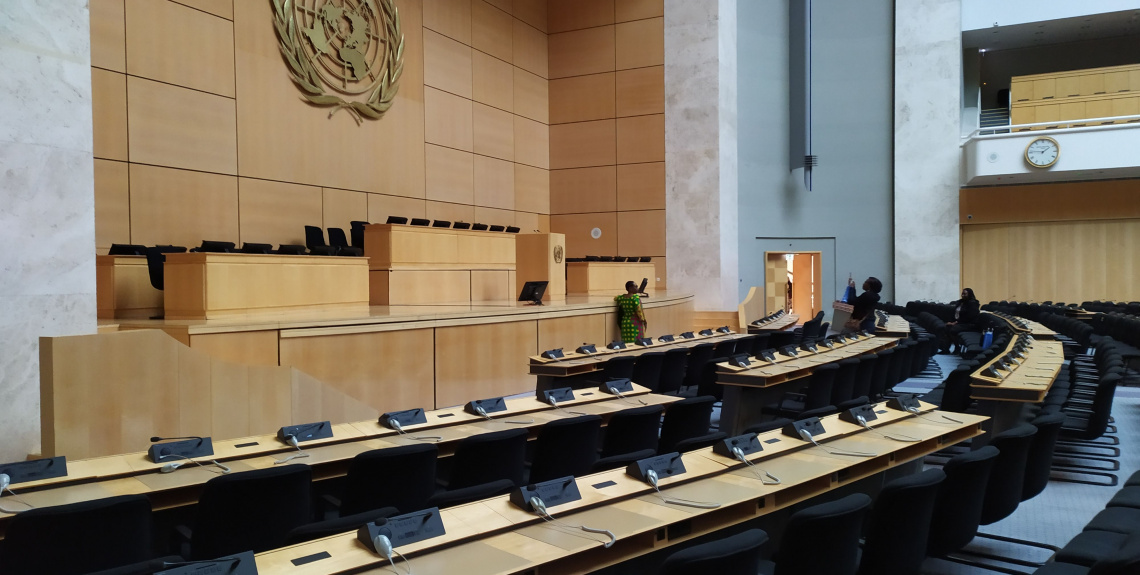In its resolution 45/7 on “Local Governments and Human Rights”, the Human Rights Council requested the United Nations High Commissioner for Human Rights to prepare a report on the role of local government and the challenges faced in the promotion and protection of human rights, including in relation to the right to equality and non-discrimination and the protection of persons in vulnerable and marginalized situations.
In order to do that the Office of the United Nations High Commissioner for Human Rights (OHCHR) launched a call for inputs. The following cities and networks submitted a contribution: Amsterdam; Buenos Aires; Goicoechea; Graz; La Unión; Mexico City; York; Montreal; Seine Saint Denis; South African Local Government Association (SALGA); Valencia; and Vienna.
All contributions will be published soon on the website of the United Nations High Level Commissioner.
As in 2019, the UCLG-CSIPDHR Secretariat submitted a contribution to the Report based on the activities of the Committee of the past two years. Since the last contribution submitted by the Committee for the 2019 Report on “Local Governments and Human Rights”, the world has faced an unprecedented crisis. Needless to say, COVID-19 has exacerbated pre-existing challenges related to the promotion and the fulfillment of human rights at local level, especially in terms of inequalities. At the same time, it has also unveiled the essential role of Local and Regional Governments (LRGs) to ensure the access to services and rights in times of crisis; as well as their tireless engagement as key political actors to trigger transformational change through quality service provision, citizens’ participation and social inclusion.
The report of the OHCHR was released at the end of August and include the following elements:
- Relevant examples of laws, policies, programmes and promising practices of LRGs to promote and protect human rights and leave no one behind;
- The challenges faced by LRGs, especially in light of COVID-19, which has further put the spotlight on the structural inequalities and their multifaceted impacts;
- Principles guiding local governments in the promotion and protection of human rights at a local level, such as the adoption of the Human Rights-based approach to local governance.
The report also includes some recommendations, notably:
- Foster more robust institutional processes for the implementation of local policies and programmes on human rights to ensure their sustainability;
- Provide local governments with the necessary financial resources and technical capacities to fulfil their human rights responsibilities;
- Support the engagement of local governments of all sizes in their in global discussions on the role of local government and human rights;
- Adopt local laws, regulations or policies; but also action plans, indicators and monitoring mechanisms; training and budget allocation for the protection of human rights;
- Ensure an enabling, inclusive and safe environment for civil society participation in decision-making and to combat all forms of discrimination in society and end violence, in particular against women, persons with disabilities, children, youth, migrants, lesbian, gay bisexual, transgender and intersex persons, indigenous peoples and minorities, people of African descent and other groups at risk of and subject to discrimination, as well as prevent and respond to cases of xenophobia, racism and related intolerance.
- Continue to develop, strengthen and engage in local government networks with the aim of sharing experiences, developing opportunities for peer-to-peer learning and creating communities for action.
Download the report (available in 6 languages) here to know more!


